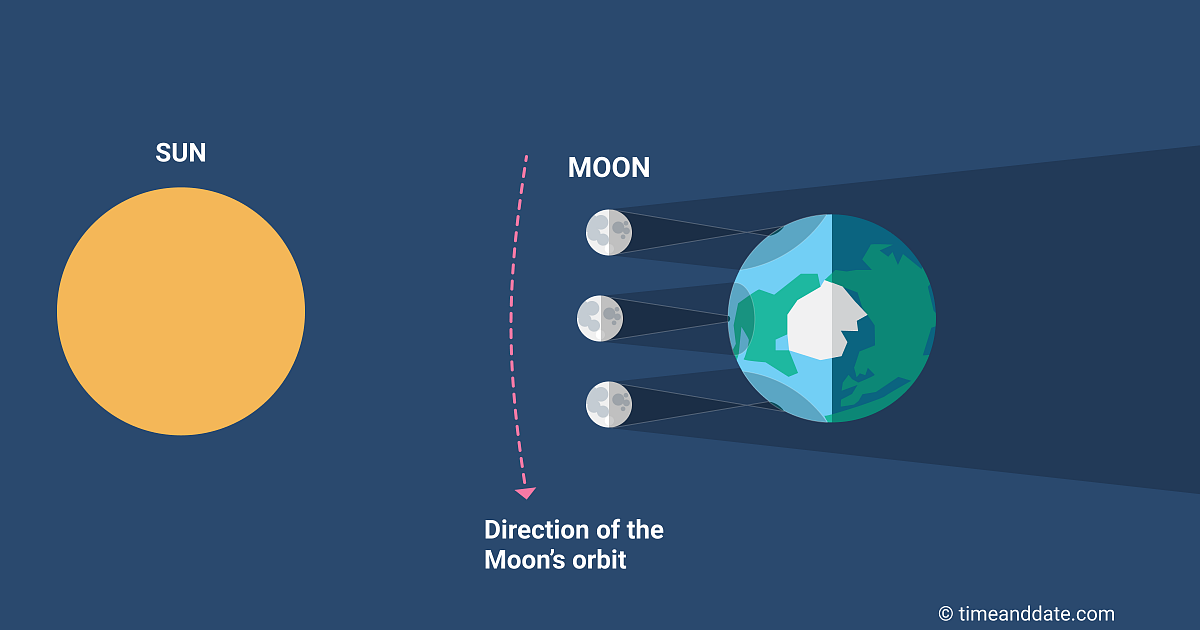
Peleus and Thetis: Wedded Bliss
Have we yet held anyone accountable for the Trojan War? During the many centuries following that world-perturbing skirmish, mythographers have assigned blame to many characters. Helen, of course, is often regarded as the chief cause. She, one might remember, was abducted by the Trojan prince Paris after Aphrodite promised him the world's most beautiful woman in exchange for receiving the golden apple that she coveted. Of course, all that apple nonsense started when Peleus and Thetis celebrated their wedding with the one of the grandest celebrations ever organized. All the gods and goddesses were invited to attend except Eris, the goddess of discord. As her title suggests, Eris was notorious for causing all sorts of trouble wherever she went. As the wedding feast was intended to be a joyous occasion, the Olympians prudently excluded Eris, much to her chagrin. She avenged this exclusion by tossing an apple into the wedding party. That, in and of itself, didn't cause much of a stir. However, she attached a tag to the apple which read, "For the fairest." Hera, Athena and Aphrodite, the most powerful goddesses, all wanted the apple for themselves. They first asked Zeus to present the apple to whichever goddess he believed was most worthy of it. Not wishing to incur the implacable wrath of two goddesses, Zeus refused to adjudicate the matter and opted instead to have the Trojan prince Paris decide. The three goddesses presented themselves to Paris and explained that he would have to choose which goddess was the fairest. Each goddess offered him a bribe to influence his decision. Hera promised him dominion over the world's people. Athena offered him the gift of profound wisdom. Aphrodite, who knew full well men's deepest desires, assured Paris that if he chose her, she would help him capture the world's most beautiful woman. Paris chose Aphrodite. Unfortunately, Helen, the world's most beautiful woman, was married to the Spartan king Menelaus. However, with Aphrodite's assistance, Paris kidnapped Helen and conveyed her back to Troy. This abduction precipitated an all-out assault on Troy by all the Hellenistic (Greek) men, all of whom swore an oath to defend the sanctity of Menelaus' marriage. (All those men had once been Helen's suitors. So, before Helen decided who was to be her husband, her stepfather King Tyndareus compelled all the suitors to swear this oath of protection.) The deployment of this armada marked the beginning of the 10-year Trojan War.
So, one could argue that if Peleus and Thetis had never decided to marry, no wedding party would have been arranged. If there had been no wedding party, Eris wouldn't have felt slighted and so wouldn't have tossed the apple that attracted the goddesses which ultimately led to the Judgement of Paris that resulted in Helen's abduction which precipitated the Trojan War. Sp, it's all Peleus and Thetis' fault! Well. not really...
Even by mythological standards, the Peleus/Thetis love story is unusual. Soon after Peleus' first wife Antigone hanged herself after having been deliberately misinformed that her husband Peleus intended to leave her for another, Peleus fell in love with the sea nymph Thetis. Determined to live a chaste life. Thetis initially thwarted Peleus' advances. However, on advice of the prophetic river god Proteus, Peleus took Thetis into a strong embrace which he maintained even as Thetis transformed herself into many different creatures, some of which were particularly fearsome. After realizing that Peleus' grip wouldn't loosen, Thetis resumed her original form and consented to marry him. She knew that someone endowed with such strength and determination would likely make for a fine husband.

Although their marriage was happy, their life became fraught with tragedy. Six of their seven sons died in infancy. Thertis was so distraught at these untimely deaths that she took her infant son Achilles and dipped him in the River Styx. She knew that submerging him in these waters would render him invulnerable to all attacks. Unfortunately, she had to hold him by his heel in order to dip him into the river and pull him out. Consequently, the Stygian waters never coated this heel and Achilles was left with this one vulnerable spot, the Achilles' heel. Achilles' fought with the Greeks in the Trojan War and became its greatest warrior. However, toward the end of the war, Paris slew him with a poisoned arrow that struck his heel.
THE SOUTHWORTH PLANETARIUM
207-780-4249 www.usm.maine.edu/planet
70 Falmouth Street Portland, Maine 04103 43.6667° N 70.2667° W Altitude: 10 feet below sea level Founded January 1970 Julian Date: 2459325.18
2020-2021: CXV
70 Falmouth Street Portland, Maine 04103 43.6667° N 70.2667° W Altitude: 10 feet below sea level Founded January 1970 Julian Date: 2459325.18
2020-2021: CXV
THE DAILY ASTRONOMER
Tuesday, April 20, 2021
Exploratorium XLIV: Last of the Eclipse Questions (For Now)
Heavens, as we said last Thursday, people are certainly excited about the April 2024 solar eclipse. That excitement will only build as we draw closer to the eclipse date, (1085 days away). For now, we'll devote one more article to the last of the solar eclipse questions we've received. You are always welcome to send questions at any time. We'll explore other topics the rest of the week. However, if you're fixated on the eclipse, do not despair. The eclipse will be revisited many times during the next 1085 days.
You said the last total solar eclipse will occur in approximately 600 million years. Do astronomers know anything about this last eclipse: where it will be? How long will it last? -Dave L.
Astronomers can know eclipse details with a remarkable degree of accuracy centuries in advance. They will even predict eclipses with a fair degree of accuracy thousands of years in the future. However, the farther into the future they extend their predictions, the greater the uncertainty in timing becomes. For instance, astronomers know that the next simultaneous transit of Mercury and Venus will occur in the year 69,163. Although they cite July 26th as the date of this transit, the timing is so uncertain that the actual date would fall within 2 -4 months on either side of it. These uncertainties will accumulate over time so that accurate eclipse predictions are only possible over the next half million years or so. (Some would insist that this limit is about one million years.) In either case, no model is able to accurately predict the timing of the last total solar eclipse.
If the sky is cloudy on eclipse day, would we still possibly "see" anything?
- C. Lapointe
- C. Lapointe
Yes. If, by chance, the sky is overcast during the April 8, 2024 total solar eclipse, we will still see the sky become completely dark during totality. It will look as though night had fallen, albeit for a brief time. We will also notice a gradual darkening during and after the total eclipse as the moon moves in front of and then away from the Sun.
What is a "hybrid eclipse?" I heard the term, but not sure what it means? -K.H.
A hybrid eclipse is one that will appear as an annular eclipse at some locations and a total solar eclipse at others. As we can see in the graphic below, the moon's shadow will touch some parts of our curved planet, but not others. If Earth were flat, such hybrids would not occur. The eclipse would either be annular or total at all locations.

Twelve of the Saros 139 eclipses (eclipses 8 - 19) were hybrids. The first one occurred on August 11, 1627. The last occurred on December 9, 1825.
Incidentally, seventy-one eclipses are part of Saros cycle 139. The April 8, 2024 event is number 30.
Do astronomers know of any Saros series that haven't yet started?
V, Brown
Absolutely.
For instance, solar Saros series 157 will begin with a partial eclipse on June 21, 2058. The last eclipse in that series will occur on July 17, 3302. The sequence will be: 6 partials, 19 annular, 3 hybrid, 34 total and then 8 partials. Astronomers also know of many saros cycles that won't begin until centuries in the future.
To subscribe or unsubscribe from the Daily Astronomer: